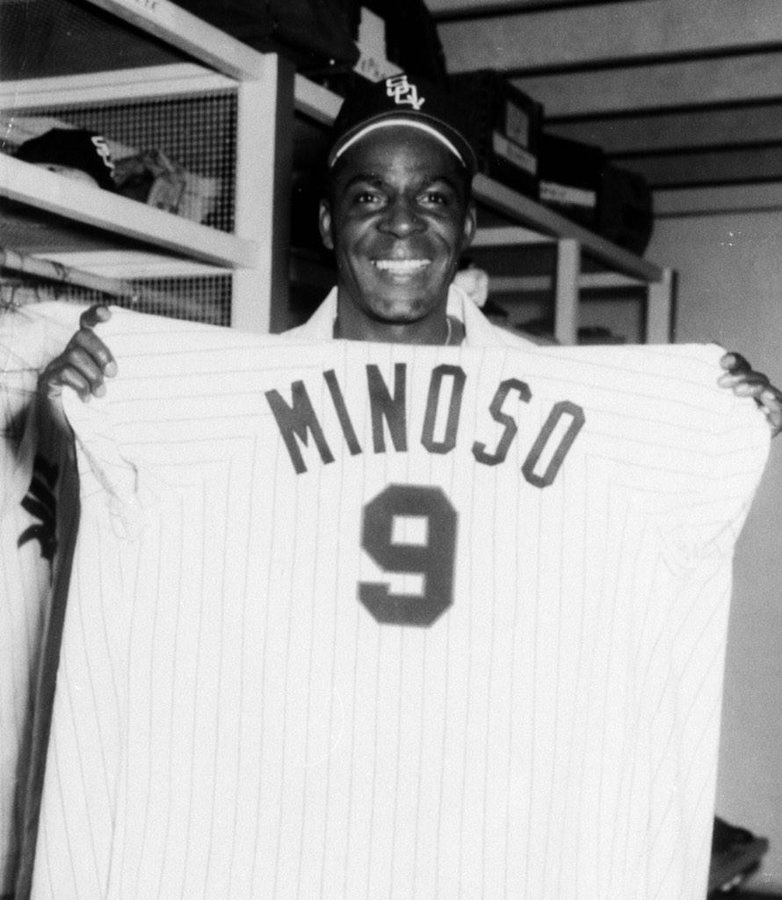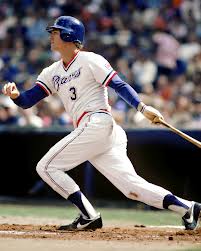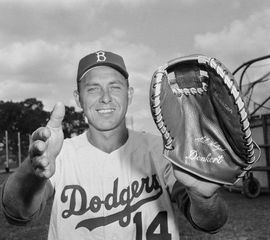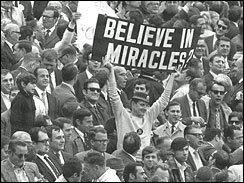2022 Baseball Hall of Fame Inductions: Better Late Than Never 1
The 2022 Baseball Hall of Fame induction class is quite interesting as it includes a recent star with a questionable history and then several greats from past eras who waited far too long for Hall of Fame induction.
Based on career numbers and post season success, there seems little doubt that David Ortiz has the credentials to enter the Baseball Hall of Fame. However, given that many other greats from recent eras with similar association with the steroid era have been shunned by the Hall of Fame electorate, it seems a bit odd (and perhaps hypocritical) that Ortiz is being inducted in his first year of eligibility.
It seems clear that the reason Ortiz is being inducted in the same year that Barry Bonds and Roger Clemens roll off the ballot after a decade of receiving below the voter threshold is related almost totally to likeability. Even before they became the poster boys for the steroid era, Clemens and Bonds were seen as surly and self-absorbed. They were unquestionably among the top talents of their era, but that was not enough for either of them. When their bodies started the natural breakdown associated with baseball players in their 30s, they fought back with banned substances and ultimately posted otherworld numbers into their 40s.
The career of Ortiz is quite different. He was an inconsistent power-hitter in six seasons with the Minnesota Twins. In 2002 he posted career-high numbers in home runs (20), RBI (75), Slugging Percentage (.500) and OPS (.839), but still struggled against left-handed pitchers (.203 average, .637 OPS) and was released following the season in a cost-cutting measure.
As they say, “the rest is history”. Ortiz signed with the Boston Red Sox as a free agent in December 2002 and quickly became a key component of the most successful era of Boston Red Sox baseball in 100 years. He helped the Red Sox break the Curse of the Bambino by winning the 2004 World Series and ultimately won three World Series rings with the Red Sox.
Ortiz was one of the most consistent sluggers in baseball from 2003 until his retirement in 2016. He averaged 34.5 home runs and 109 RBI in 14 seasons with the Red Sox.
Read the rest of this entry →




